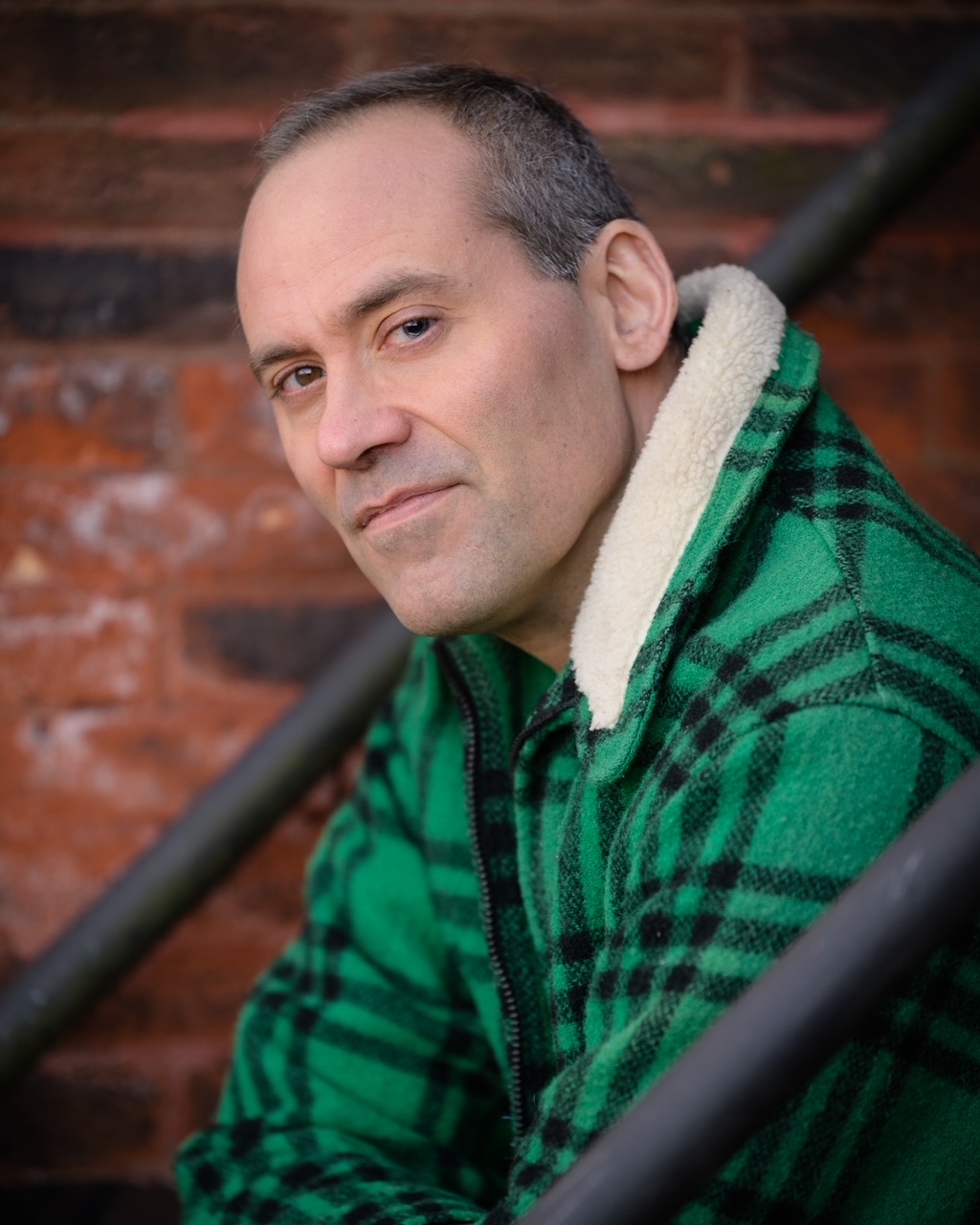Item
abstract
Fernando Dito van Reigersberg
“Fernando Dito Van Reigersberg”. 2023, Sewanee: Black Lives Matter Oral History Project, accessed January 20, 2026,
- Title
- Fernando Dito van Reigersberg (Abstract)
- Interviewer
- Eli Bastiaansen
- Date
- November 25, 2023
- Location of the Interview
- The narrator and interviewer were both located in McLean, Virginia, with the audio recorded using “Voice Memos.”
- Length
- 54 minutes, 54 seconds
- Abstract
- Born in McLean, Virginia, van Reigersberg attended Swarthmore College in Swarthmore, Pennsylvania before moving to Philadelphia, Pennsylvania after graduation. Upon arriving in Philadelphia, Van Reigersberg immediately noticed the impact of housing discrimination and racial segregation which reinforces systemic racial and economic inequities. Van Reigersberg co-founded the Pig Iron Theater Company in 1995 and the Pig Iron School in 2011. The company’s founders were all White, but the company has attempted to increase diversity through casting, recruiting, and hiring practices. Pig Iron relies on social media in its advertising; van Reigersberg emphasized the danger of social media with its inflammatory headlines that often ignore the subtleties of a situation or conflict. Nevertheless, advancements in technology ensured that the murder of George Floyd could be recorded and these developments in social media make the mobilization of individuals around issues of importance easier and faster because the information is more readily available. Van Reigersberg discusses his immediate reaction to the death of George Floyd which provided him with an increased awareness about systemic inequities in the United States of America. The Black Lives Matter Movement offered van Reigersberg the space and the opportunity to question the idea that America is a meritocracy and a place of justice and equality for all. Additionally, van Reigersberg discusses his contact with affinity groups that advocate for equality amidst continued White terrorism aimed at Black voters. Van Reigersberg concludes the interview by offering an example in theater about the dangers of tokenism when attempting to increase diversity. He reinforces the need for equal rights and equal access despite continued fears of assimilation and integration, and how the Black Lives Matter Movement allowed him to better understand the systemic inequities that undermine the economic, political, and social opportunities available for individuals of color. This interview is part of the Black Lives Matter Oral History Project (BLMOHR) to document reactions, opinions, and interpretations of the Black Lives Matter movement.
Part of Fernando Dito van Reigersberg

